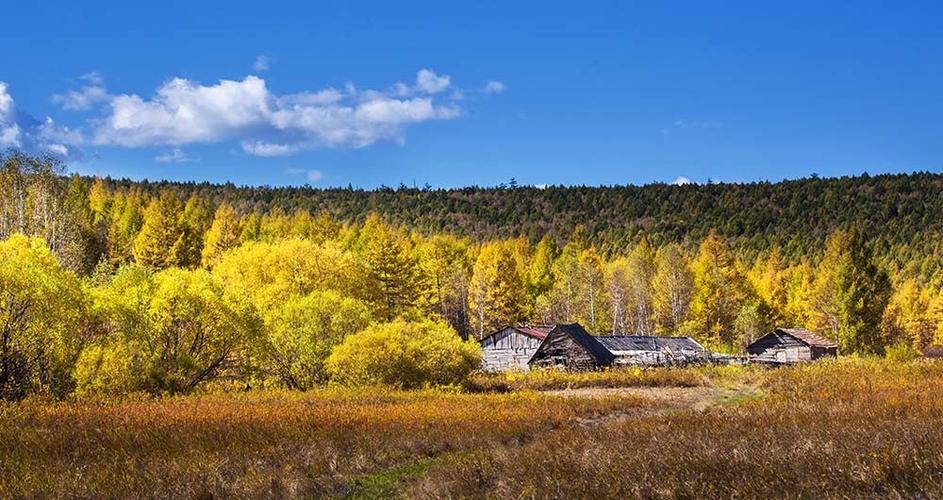As we look around us, we see the physical manifestations of our cultural heritage all around us, from old buildings and monuments to traditional folklore and customs. We cannot undervalue the importance of preserving these cultural assets and maintaining them for future generations. Protecting cultural heritage is far more critical than most people realize. It is incredibly crucial to safeguard the identity and traditions of a region, its people and society at large.
Cultural heritage is a shared inheritance that provides people with a sense of belonging and continuity with the past. It comprises tangible reminders of the most exceptional accomplishments of human history and culture. Preserving it for future generations is vital since eroding it would mean an insurmountable loss of precious knowledge and history.
The most obvious reason for protecting cultural heritage is that it creates a sense of identity and continuity. Our cultural heritage is a vital part of who we are and what defines us. The preservation of heritage can be viewed as a sign of respect for the ancestors who built it as well as a gift to future generations.
Furthermore, cultural heritage sites and museums are fundamental for educational purposes. They provide a hands-on experience of the past and enable visitors to delve deeper into the local history, culture, and art. Many of these sites also host events and exhibitions, allowing visitors to engage with the cultural traditions they represent.
Preserving cultural heritage is also essential for tourism purposes. Heritages sites around the world stimulate tourism, generating revenue that fuels local economies. Tourists visit cultural sites to gain insight into the history, traditions, and culture of a region.
Additionally, preserving cultural heritage sites can also help with environmental conservation. For example, forests with significant cultural significance get preserved to maintain the cultural heritage while still preserving natural ecosystems.
Protecting cultural heritage comes with a challenge, however. Heritage sites can get damaged by natural disasters, wars, or even by tourism. The loss or destruction of these sites would severely impact future generations, diminishing their connection to their roots and identity.
In conclusion, cultural heritage is a valuable asset that we cannot afford to lose. We must recognize the significance of preserving local heritage and history for future generations’ benefit. It is imperative to undertake initiatives to maintain and conserve cultural heritage to reap the benefits that the sites offer. We all need a shared responsibility to ensure that these cultural treasures continue to exist, remain protected and provide a sense of continuity into the future.
(Note: Do you have knowledge or insights to share? Unlock new opportunities and expand your reach by joining our authors team. Click Registration to join us and share your expertise with our readers.)
Speech tips:
Please note that any statements involving politics will not be approved.
